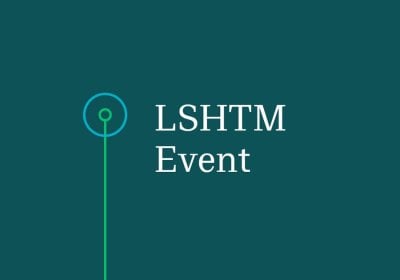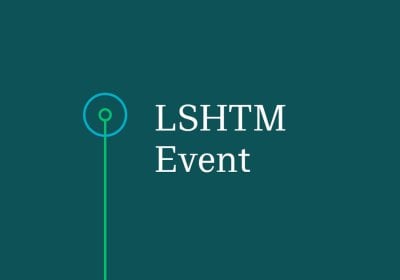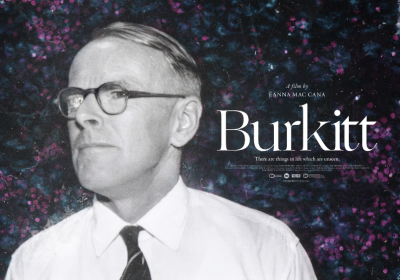Remembering the cost: oral history and payment for health services in Ghana, 1945-2019
In the last years of colonial rule, during the transition to independence and over the independent Republic of Ghana’s first decade, efforts were made to socialize healthcare and waive user fees. For a time most health services became free. But from the early 1960s to the early 1980s, political instability and economic shortfalls prompted successive Ghanaian governments to experiment with different models for funding state healthcare - including partnerships with religious organizations, subsidies, taxes and user fees.
From the 1980s, facing economic collapse and under pressure from international lenders, a military government imposed the ‘Cash and Carry’ system, requiring out-of-pocket payment for almost all health services. In 2003, after a return to multi-party elections, Ghana created its National Health Insurance Scheme, attempting to include the poor and the informal sector in a single-payer insurance system funded largely from general taxation. But the scheme has faced growing difficulties in recent years.
This presentation discusses the social history of paying for health services in Ghana, and the ways that different funding regimes are remembered: as fair or unfair, or for their particular and sometimes unexpected characteristics. Based on oral history interviews with urban and rural groups, and with current and retired healthworkers and officials, the paper examines the shifting moral economy of state healthcare in Ghana, asking how generational experiences shape expectations about present and future possibilities for healthcare reform.
David Bannister's current research focuses on Ghana, and attempts to locate the past in the present: how experiences and memories of state health provision in earlier periods (as shaped by various policy goals and ideologies from the late colonial period to the present) give rise to particular generational expectations regarding the responsibilities of the state, the role of transnational and nongovernmental health organisations, the nature of Universal Health Coverage, and what ultimately constitutes a fair distribution of health resources.
Please note that this session will NOT be live-streamed and recorded.
Please note that the main entrance of our Keppel Street building will close from Saturday 5 October until Monday 21 October for essential repairs. Alternative access will be provided on Malet Street, including an accessible route for visitors with a disability and wheelchair users. There will be signage to guide you to these entrances.
Admission
Contact



